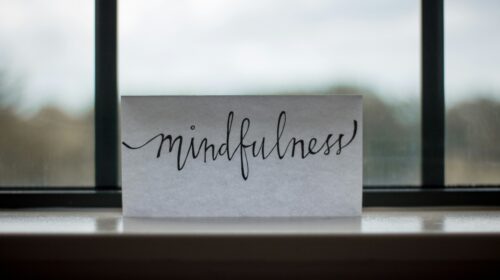Addiction not only affects the individual struggling with substance use but also their families and communities. While traditional treatments like therapy and medication are essential, many people are discovering the great benefits of holistic approaches to recovery. These methods focus on healing the body, mind, and spirit, rather than just addressing the symptoms of addiction.
What is Holistic Recovery?
Holistic recovery involves integrating various therapeutic practices that promote overall well-being. Instead of solely focusing on abstinence from substances, holistic approaches aim to cultivate balance in all areas of life. This may include physical health, emotional well-being, social connections, and spiritual growth.
Key Holistic Approaches
- Mindfulness and Meditation
Mindfulness practices help individuals become more aware of their thoughts and feelings without judgment. Meditation can reduce stress and anxiety, which are often triggers for relapse. Mindfulness can empower individuals to make healthier choices.
- Yoga and Physical Movement
Yoga combines physical postures, breathing exercises, and meditation, promoting physical health while also enhancing emotional resilience. Regular physical activity releases endorphins, improving mood and reducing cravings. Activities like dance, hiking, or martial arts can also provide similar benefits, encouraging individuals to find joy in movement.
- Nutrition and Healthy Eating
Nutrition plays a crucial role in recovery. A well-balanced diet can help restore the body’s natural chemistry and improve overall mood. Many addiction recovery programs now incorporate nutritional counseling, emphasizing the importance of whole foods, hydration, and minimizing processed sugars and stimulants.
- Nature Therapy
Spending time in nature can have a calming and restorative effect. Nature therapy encourages individuals to connect with the natural world, reducing stress and promoting emotional healing. Activities like hiking, gardening, or simply enjoying a park can foster a sense of belonging and peace.
- Art and Expressive Therapies
Creative therapies, such as art, music, or writing, allow individuals to express themselves in non-verbal ways. These forms of expression can facilitate emotional release, process trauma, and promote healing. Engaging in creative activities can also enhance self-esteem and build a sense of community.
The Path to Lasting Recovery
Recovery is a journey, and everyone’s path is different. Holistic approaches can complement traditional methods, offering tools and practices that empower individuals to heal and thrive. By nurturing the mind, body, and spirit, those in recovery can build a more fulfilling, balanced life.





